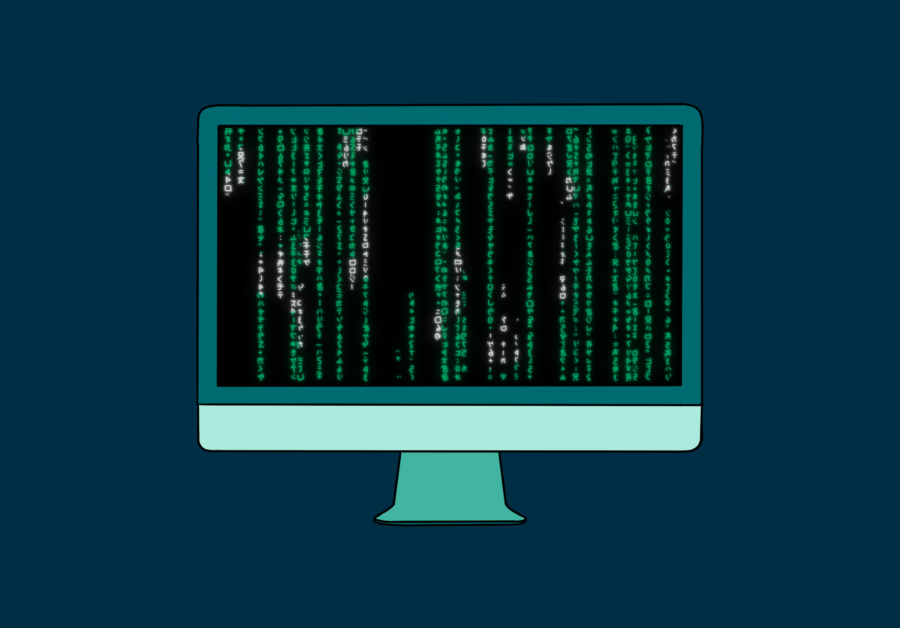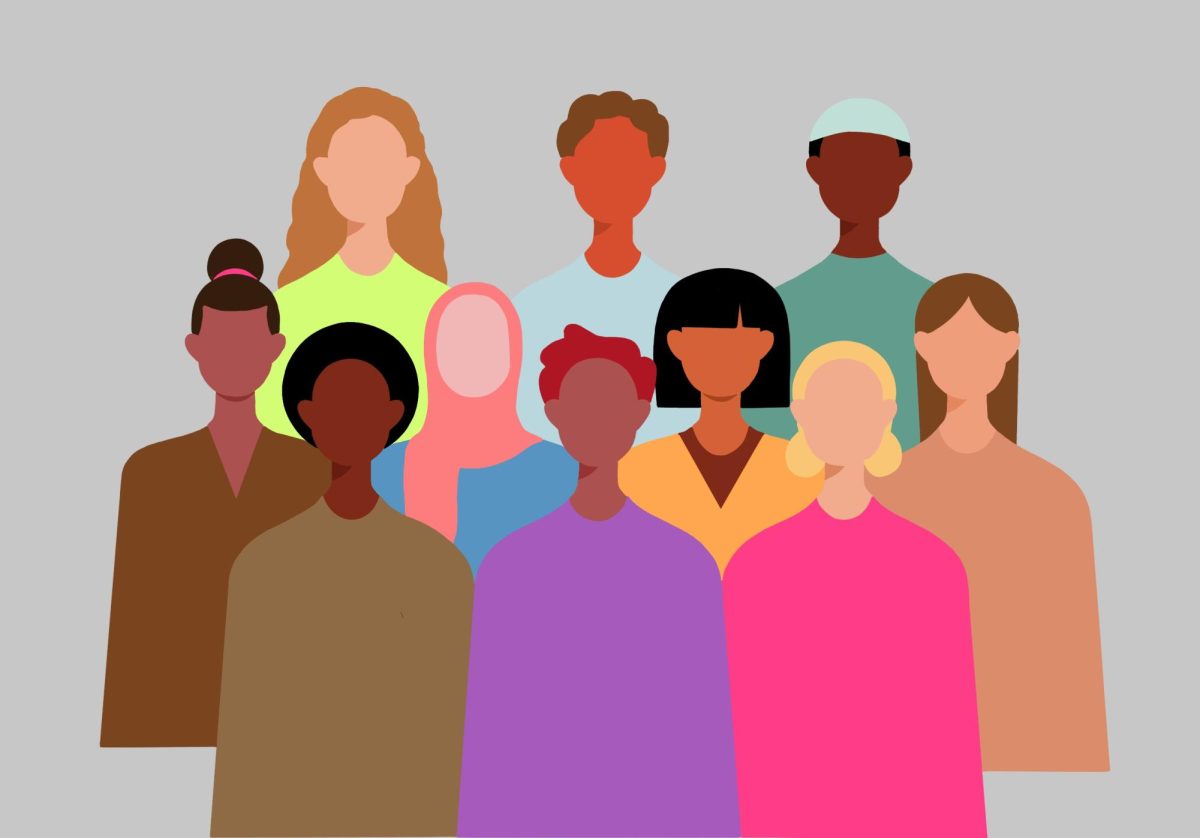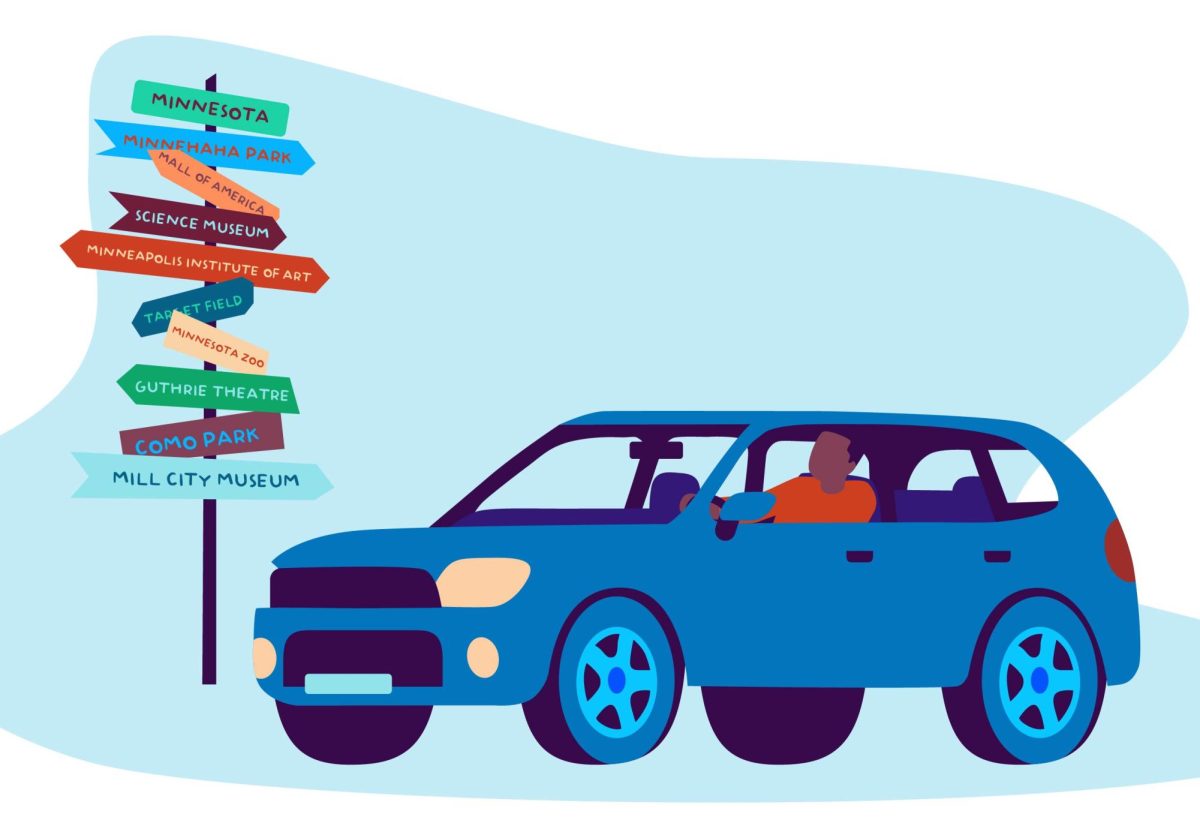Artificial intelligence has been developing at an alarming rate. When a piece of AI-generated art won a competition last August, I spoke to University of Minnesota artists to gather their opinions.
At the time, I viewed AI as a technology still young in its lifespan — one that wouldn’t become especially popular or capable for years to come. While it is certainly early in its lifespan, I couldn’t have been more wrong about how quickly it would advance.
I’ve heard a lot about how AI was incapable of consistently producing human-looking hands in images. This was supposed to be a point of relief. So long as they can’t make hands, we can’t be tricked, right?
These days, I’m not so sure.
Plenty of people were tricked by AI-generated images of Pope Francis wearing a puffer jacket. This was an event of little consequence, and most were able to discern the AI origin of this image … eventually.
Most of these images containing AI-generated people give me that uncanny valley feeling, but I am beginning to wonder if that reaction is limited to the image content. When I see AI-generated people, it is usually on Twitter with a caption revealing their origin. If I just saw these images on their own, without the knowledge of their origin, I’d probably be none the wiser.
To be fair, when I first watched “The Adventures of TinTin,” there were times when I forgot whether the movie was animated (I was about eight, admittedly). If a movie from 2011 is enough to trick me, the potential for AI misinformation is a daunting one.
Even if it did, it won’t be long before the technology will get to that hyper-realistic level. With the release of ChatGPT 4 on March 13, we can see just how quickly this technology is developing.
ChatGPT 4 scored in the 90th percentile on the Uniform Bar Exam. It also scored a five (the highest score possible) on nine of the fifteen AP exams it was tested on. Of the other six, ChatGPT 4 received four fours and two twos. Funny how that works out.
AI seems to be at the precipice of advancement into widespread commercial use. It already outperforms most lawyers on the bar exam; where will it be a year from now? What about ten years?
As a lowly columnist myself, I fear what this technology means for the future of my profession. I’m sure some of you reading this have used ChatGPT 4 to write essays for you. How long until it becomes easier to give an AI some vague information on current events and let it push out an article for you?
I would like to add the two AP exams the AI scored lowest on were Language and Composition as well as Literature and Composition. At least my job is safe until ChatGPT 5 comes out.
However, AI is by no means progressing perfectly. There are a few hurdles that will have to be overcome for it to reach peak effectiveness.
“If I look at a blog online, I have to decide [whether] I trust it or not. The computer does not have the ability to make this distinction,” Maria Gini, a professor of computer science and engineering at the University, said.
With machine learning drawing information from all around the internet, not all of it is credible. This can lead to AI pulling information from random places and utilizing it as it would anything else. This was demonstrated on Twitch earlier this year when an AI-generated “Seinfeld” rip-off titled “Nothing Forever” was suspended for transphobic comments.
What a weird sentence that was. Still, if content moderation fails and AI takes information from anywhere and everywhere, one can only assume that incidents like this will continue.
Not to mention the ethical implications involved in how content should be moderated. What should AI know? What should it think?
Some think the best solution is to halt AI development to allow time to evaluate the possible ramifications of rapid AI development. This most likely will not occur, so those conversations need to happen now.
“Now there’s more awareness for making sure that, ethically, things are done properly,” Gini said. “So the complicated part now is [coming] up with regulations.”
These regulations should take into account the effects on the working population. The advent of the internet wasn’t followed by mass unemployment, but shifts in employment are inevitable. Many jobs that exist now may not in a few years, however, this means new occupations will rear their heads.
Though we probably need not worry about mass unemployment in favor of an AI workforce, exploitation is still a real possibility.
Some of the most advanced AI requires an extremely intense amount of computing power for operation and development, a very expensive amount of computing power, Gini said.
With a select few having the capital required for this, there is great potential for its use as a tool to further wealth inequality. This technology has the potential to drastically change the function of the world economy, much like the internet did. The most advanced AI being a tool for only the wealthiest of the wealthy is a disheartening thought.
On the other hand, the technology found in every cell phone on the planet once would’ve required entire buildings worth of computing power to operate.
AI is surrounded by a lot of unknowns, and we should be diligent in our analysis of it. However, we shouldn’t throw the baby out with the bathwater before we truly know what it is capable of.
I doubt HAL 9000 or android Arnold Schwarzenegger are coming any time soon. For now, we should just remember that the Pope would never wear a puffer jacket.






















